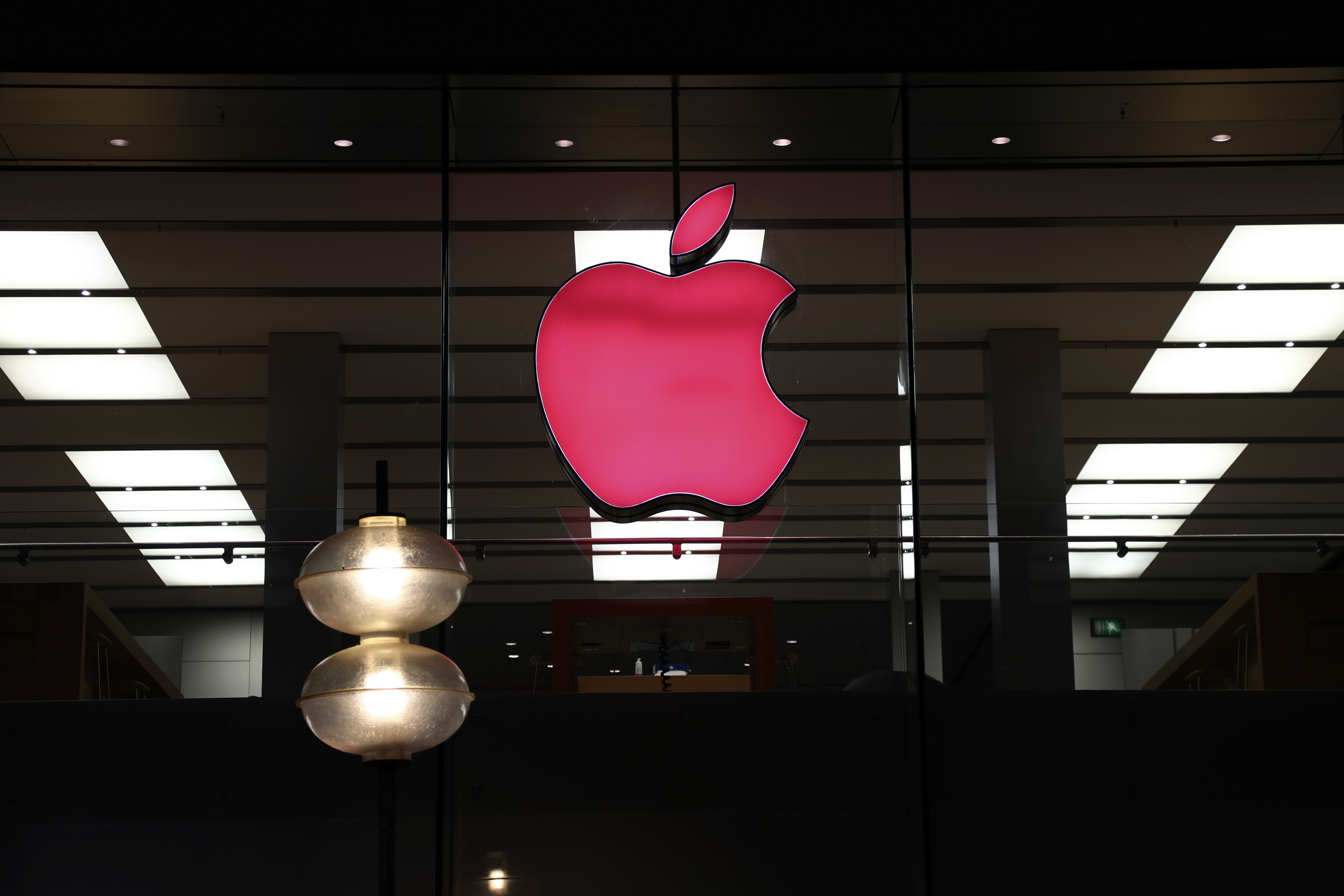
Talk of a nuclear option was anathema in South Korea only a decade ago. Any official expression of nuclear-weapons development in South Korea was once viewed as political and diplomatic suicide, and the policy was long welcomed by American defense and diplomatic elites.
But with the US enduring economic hardship, its global influence in decline, South Korea frets about having lost the attention of its nuclear protector.
This has only added to a rising chorus among the mainstream media and conservative politicians calling for review of South Korea's "no nuke" pledge.The hardliners point out that the country's future lies in arming South Korea with nuclear weapons, harkening the strategy of South Korean President Park Chung-hee, a keen advocate for the development of a nuclear-weapons program who was assassinated in 1979. On the face of it, their aggressive claim is persuasive. The debate attracts plenty of pundits in what is by no means a media psychodrama or tale of a distant future. That future is coming into sharp focus for four reasons.
First, fuming right-wing groups have been calling for the South Korean Lee Myung-bak government to nullify the Joint Declaration of the Denuclearization of the Korean Peninsula, signed in 1992, by arguing that the hostile North had already broken the pact. In 2002, the Bush administration declared the 1994 Agreed Framework, including a series of steps for normalizing relations between the US and North Korea, null and void, in response to the North's refusal to halt its enrichment program. So, the 1992 pact has been reduced to a plaque that gathers dust in a dark closet.
As strong advocates of the South's nuclear buildup in the wake of the North's provocative nuclear tests, they make light of the first clause of the pact that "South and North Korea shall not test, manufacture, produce, receive, possess, store, deploy or use nuclear weapons." The angry extremists continue to hold out hope for a nuclear-armed Korea.
Apparently the diehard North Korean regime's threats and violations have provided ample excuses for South Korean hawks to do exactly the opposite of what the clause promised.
Second, North Korea's nuclear tests in 2006 and 2009 changed the logic of the denuclearization of the peninsula, ushering in a new era marked by an asymmetrical military posture. If North Korea is discovered to have actual nuclear warheads, South Korea would feel compelled to acquire a deterrent stockpile independently despite America's committed nuclear umbrella policy. The North's third nuclear test could possibly lead the South to reconsider the ossified denuclearization-related policy - a job requiring powerful leverage.
To this end, if sufficiently intimidated, average South Koreans could lose their reluctance over advancing nuclear capability. While Seoul does not now harbor ambitions to develop a nuclear-weapons capability, the chance of a profound change of mind is not impossible. For want of an alternative, it would be wise not to take South Korea's non- nuclear policy for granted. The irony is that a growing number of South Koreans also live in a nuclear-weapons-solve-everything version of Plato's cave - the same paranoid mindset the North has insisted upon.











